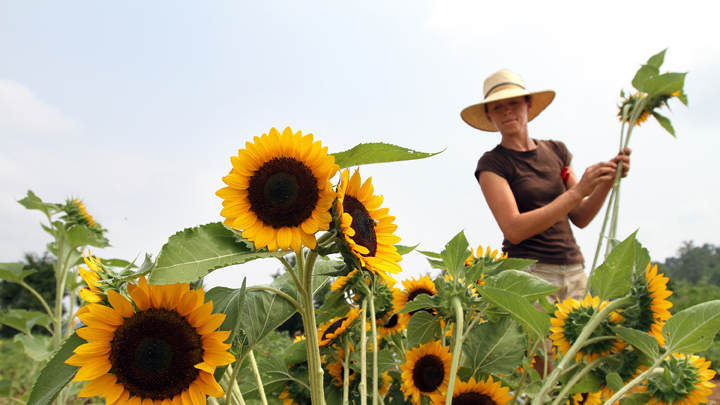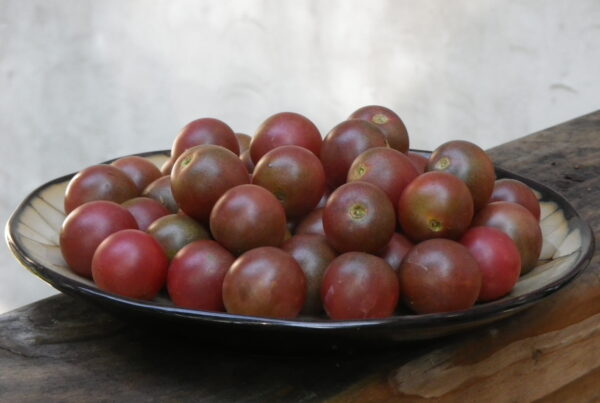Coronavirus Relief Legislation News and Resources
Recently, the Farmers Legal Action Group (FLAG) released a new edition of their excellent and comprehensive COVID-19 aid guide for farmers and technical service providers – find it here.
On August 11, USDA announced changes to the Coronavirus Food Assistance Program (CFAP), some of which may make the program more relevant to your farming and ranching operations:
- They added nearly 60 additional commodities (found here)
- They extended the application deadline to September 11
- FSA will now pay producers 100% of calculated payments rather than the previous 80%
Unfortunately, Congress went on its August recess without completing a new Coronavirus economic relief package. On July 27, two months after the House passed its HEROES act that included some key provisions for farmers and food systems, the Senate passed a smaller relief package, the HEALS act, which touched on farmer and food system needs only in very general terms. The National Sustainable Agriculture Coalition has called on farmers and advocates to take action by urging our Senators to provide meaningful assistance to small-scale diversified producers, direct-market farmers, farmers and ranchers of color, local and regional food systems, farmworkers, and food system workers.
Farmers markets continue to struggle with the challenges posed by the pandemic, as some states have closed them along with restaurants and bars, while others allow them to continue operating as essential businesses. Farmers market advocacy groups have worked effectively with some state legislatures, including Minnesota, to achieve the latter outcome.
Watch the NSAC Blog for additional updates and resources as events unfold.
Healthy Soils, Resilient Farmers Act offers Soil Health Loans
Introduced by Representative Abigail Spanberger
On August 14, US Representative Abigail Spanberger (VA-7th District), who chairs the Conservation and Forestry Subcommittee of the House Agriculture Committee, introduced her new bill, the Healthy Soils, Resilient Farmers Act, which would authorize the Farm Services Agency to expand its conservation loans program to help farmers build healthy soils and sequester carbon. It would establish a new Soil Health Transition Loan Program designed for family farmers seeking to adopt best practices in cover cropping, crop rotation, advanced grazing management, and organic production. This bill complements the Agriculture Resilience Act discussed below.
Take Action: If you are in Rep. Spanberger’s district, call her to thank her for this excellent proposal. Those in other districts, inform your Representative about this bill and ask them to contact Rep. Spanberger to co-sponsor it.
Agriculture Resilience Act (ARA)
We continue to seek co-sponsors for this important legislation
Near the end of February, Representative Chellie Pingree (D-ME) introduced the Agriculture Resilience Act ( H.R.5861), a comprehensive proposal to help producers meet the challenges of climate disruption and bring the nation’s net agricultural and food system greenhouse gas (GHG) emissions to zero by 2040. Specific goals include:
- Quadruple USDA research funding and prioritize climate mitigation and resilience.
- Build soil health and restore soil organic carbon through USDA conservation programs.
- Stop the net loss of farmland, end conversion of prairie or forest to cropland.
- Establish advanced grazing management on 100% of US pasture and range.
- Reduce food waste by 75%.
Among its many provisions, the ARA would offer soil health block grants to help States and Tribes expand existing soil health, climate mitigation, and resilience programs. Maryland, California, New Mexico, New York, and the Cheyenne and Arapahoe Tribes have soil health / climate programs that would be eligible for a block grant under this provision, and other States and Tribes are developing such programs.
The National Sustainable Agriculture Coalition (NSAC) has launched a nationwide push to recruit cosponsors for the ARA. At this time, the bill has 19 cosponsors including Virginia Representative Gerald Connolly (D-11th).
Take action:
If you are in Rep. Connolly’s district, call to thank him for his co-sponsorship of this vital bill.
If you are in any other district, call your Representative today and ask him/her to cosponsor HR 5861, the Agriculture Resilience Act.
Top priorities include Rep. Abigail Spanberger (D-7th), chair of the Conservation and Forestry Subcommittee of the House Agriculture Committee, and Reps Morgan Griffith (R-9th) and Don McEachin (D-4th) who served on the House Select Committee on the Climate Crisis.
Unsolicited Seeds from China
Do not open package or plant the seeds – report to APHIS
USDA’s Animal and Plant Health Inspection Service (APHIS) is aware that people across the country have received unsolicited packages of seed from China in recent days. APHIS is working closely with the Department of Homeland Security’s Customs and Border Protection and State departments of agriculture to prevent the unlawful entry of prohibited seeds and protect U.S. agriculture from invasive pests and noxious weeds.
Anyone who receives an unsolicited package of seeds from China should immediately contact their State plant regulatory official or APHIS State plant health director. Please hold onto the seeds and packaging, including the mailing label, until someone from your State department of agriculture or APHIS contacts you with further instructions. Do not plant seeds from unknown origins.
Questions? Call APHIS customer service at 844-820-2234, M-F – 8:30 a.m. to 5:00 p.m. ET
Virginia Contact: Karen A. Williams, USDA APHIS PPQ
5657 South Laburnum Ave., Richmond VA 23231-4536
Office Phone: 804-226-5262
Cell Phone: 757-812-2064
Email: Karen.A.Williams@aphis.gov
Regional Conservation Partnership Program invites Partner Applications
Application deadline November 4, 2020
The Virginia State office of the Natural Resources Conservation Service (NRCS) has opened applications from non-government organizations, Indian tribes, state and local governments, water districts, universities, and other entities for Regional Conservation Partnership Program (RCPP) contracts to coordinate agricultural conservation endeavors to address water quality, soil health, or other resource concerns on a regional scale. Once RCPP partners have been selected, individual farmers and ranchers within the region covered by an RCPP contract can apply to participate and to receive financial and technical support to implement conservation activities.
Virginia currently has 11 ongoing RCPP projects in which producers and forest land owners in the Commonwealth participate. The Farm Bill has made RCPP more flexible and thereby enhanced opportunities for innovative collaborative conservation at a regional level.
For more information, see this announcement, contact Stacey Bradshaw, Virginia RCPP Program Manager, at 804-287-1673 or Stacey.bradshaw@usda.gov, or visit the RCPP web page.






